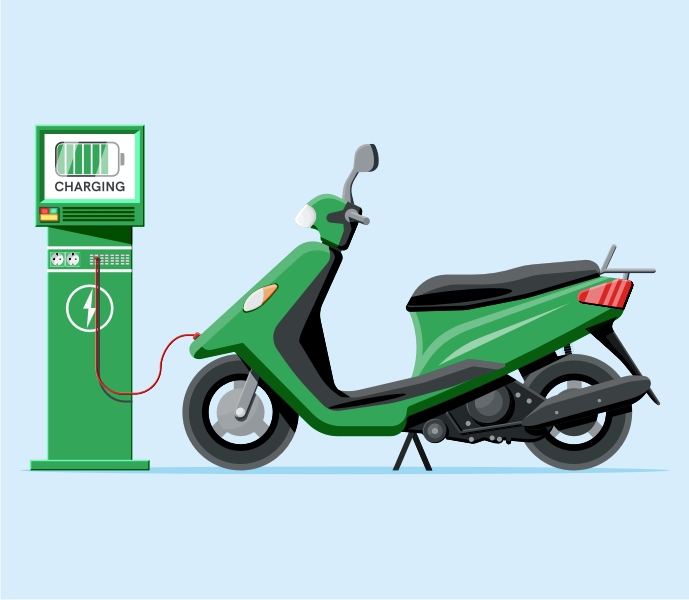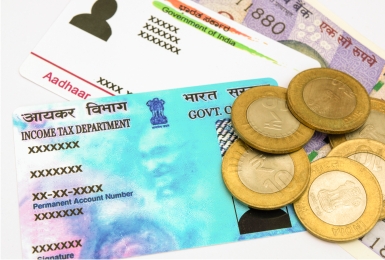In recent years, the popularity of electric vehicles (EV) has been on the rise. The advantages of an electric vehicle extend beyond ecology and to the purchaser as well, all thanks to the EV revolution and related tax incentives on EV Loan. As EV offers a host of economic, environment and tax benefits, they have become a more attractive choice for buyers across the country . So, what is the electric vehicle loan tax benefit, and how much is the deduction for electric vehicle? Let’s understand more about it in this detail.
What is an Electric Vehicle?
Simply put, an electric vehicle runs on an electric-powered motor that is charged using batteries. Further, these batteries are charged using an external power source. With a view to promote electric vehicles, the Indian Government has subsidized the electric vehicle purchase in India under the Faster Adoption and Manufacturing of Electric Vehicles (FAME) policy. Further, the government has also offered various benefits for electric vehicle owners, including tax incentives. The most important of which is Section 80EEB.
Tax incentives on Electric Vehicles Under Section 80EEB
The Government of India added Section 80EEB to the Income Tax Act, 1961, during the Budget session of 2019. The Interest on EV Loan (upto a certain limit) is allowed as a tax incentive as per this section. Further, buyers can avail of an electric vehicle loan tax incentive on the purchase of both two-wheelers and four-wheelers. EV buyers can benefit from this tax incentive before their loan is paid off.
Here are some important features of Section 80EEB:
● Eligibility
Only individuals are eligible to claim the tax benefits. However, the electric vehicle can be purchased for personal or business use.
● Deduction on interest on loan
Only the interest component of the loan borrowed to purchase an EV.
● Deduction amount of Rs. 1.50 lakhs
The amount of deduction for EV can be a maximum of Rs. 150,000 on a cumulative basis.
● Meaning of Electric vehicle
It must have an electric regenerative braking system capable to convert the vehicle’s kinetic energy into electrical energy.
● Sanctioning Organisation
A bank or a specified non-banking financial company, as listed, should have sanctioned the loan.
● Date of Loan Approval
The loan sanction date should be between 1 April 2019 and 31 March 2023.
● Deduction is Unique to 80EEB Section
Other Ways in which an Electric Vehicle can Benefit the Buyer
● Issue and renewal of Registration Certification
Every vehicle needs to get a Registration Certification, also known as RC. The charges for issuing and renewing this registration for electric vehicles have been waived.
● State Government Incentives
Many Indian states offer lucrative benefits to promote the usage of electric vehicles.
● Lower GST
Compared to non-electric vehicles, a lower Goods and Services Tax is collected on electric vehicles. This benefits the seller and buyer in various ways.
● Exemption from Green Tax
Green tax is levied on goods causing environmental pollution. Electric vehicle owners can avail of a tax exemption in this case.



















